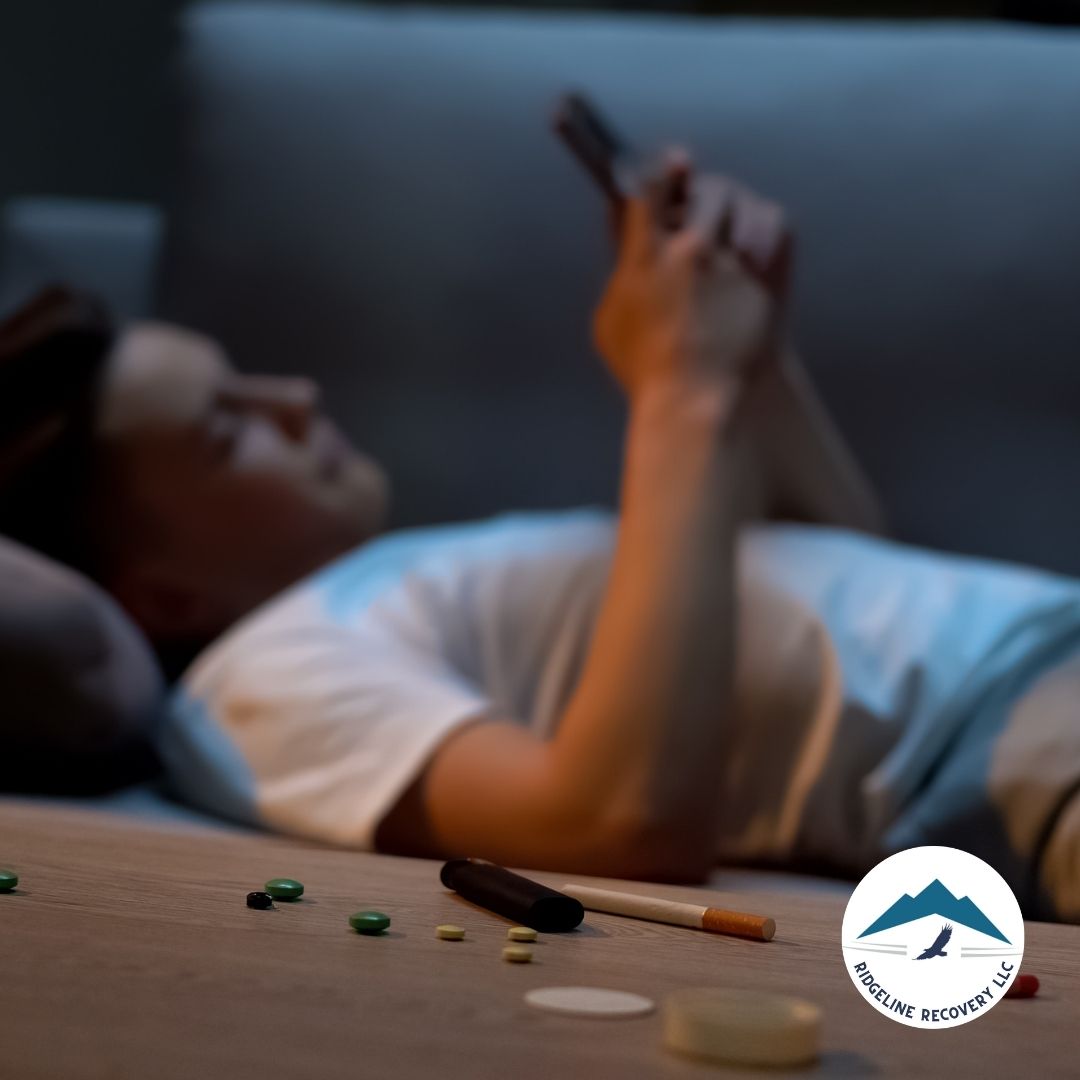If you’re searching for a 2 week rehab, chances are you or someone you love is battling addiction and looking for a fast, effective solution. Maybe you’ve hit rock bottom, or perhaps you’re trying to get ahead of the problem before it spirals. The good news? A 2-week rehab can be a powerful jumpstart to recovery—when done right.
Many people wonder if 14 days is enough to break free from addiction. The truth? It depends. Recovery isn’t a one-size-fits-all process. Some people see incredible progress in two weeks, while others need longer-term treatment. But if you commit fully, a 2-week rehab can be life-changing.

What Is a 2 Week Rehab Program?
A 2-week rehab program is an intensive, short-term addiction treatment plan designed to help individuals detox, receive therapy, and develop coping skills to maintain sobriety. While traditional rehab programs last 30, 60, or 90 days, a 14-day rehab focuses on rapid stabilization and recovery.
These programs are ideal for:
- People with mild to moderate substance use disorders
- Individuals who can’t commit to long-term rehab due to work or family obligations
- Those who have already completed a rehab program but need a refresher
- People looking for a structured detox before transitioning to outpatient care
For those who require more extended treatment, Residential Treatment Centers Ohio: The Path to Lasting Recovery can provide a longer, more immersive experience.
What Happens During a 2 Week Rehab?
A 2-week rehab is short but intensive. Here’s what the process looks like:
Day 1-3: Detox & Stabilization
Detox is often the most challenging part of recovery. Your body is clearing out toxins, and withdrawal symptoms can be tough. Detox from Alcohol and other substances can come with headaches, nausea, anxiety, and more.
A medical team will monitor your withdrawal symptoms and provide medication if needed. This stage is all about getting physically stable so you can focus on the next steps.
Day 4-7: Therapy & Mental Health Support
Once detox is complete, therapy begins. Rehab isn’t just about quitting drugs or alcohol—it’s about understanding why you use in the first place. Therapy sessions will include:
- Individual therapy (one-on-one sessions with a licensed therapist)
- Group therapy (sharing experiences and support with others in recovery)
- Cognitive Behavioral Therapy (CBT) to reframe negative thought patterns
- Trauma counseling if past trauma contributes to addiction
- Mental health assessments to address conditions like depression and anxiety
If you’re battling addiction along with mental health struggles, Addiction Therapy can provide specialized treatment.
Day 8-14: Relapse Prevention & Aftercare Planning
The final phase of 2-week rehab is about preparing for life after treatment. You’ll work with counselors to create a relapse prevention plan that includes:
- Identifying triggers and learning coping strategies
- Creating a support network
- Transitioning to Addiction Recovery programs
- Connecting with AA and NA Meetings in Columbus, Ohio for ongoing support

How Effective Is a 2 Week Rehab?
A 2-week rehab can be highly effective—but only if you fully commit. Research shows that longer treatment leads to better long-term recovery. However, a 14-day rehab can still be a great first step, especially if followed by outpatient care or sober living.
For those needing more structure, The Ultimate Guide to Inpatient Programs provides insights into residential options that extend beyond two weeks.
How to Choose the Right 2 Week Rehab Program
Not all 2-week rehab programs are created equal. When choosing a facility, consider:
- Medical Supervision – Is there a medical team available 24/7?
- Therapy Options – Do they offer CBT, group therapy, and family counseling?
- Relapse Prevention – How do they help after rehab ends?
- Location – Is it close to home, or would a change of environment be beneficial?
- Insurance & Costs – Does Understanding Inpatient Rehab and Medicaid Coverage apply to your situation?
What Comes After a 2-Week Rehab?
Recovery doesn’t end after 14 days. Maintaining sobriety requires ongoing effort. Consider:
- Outpatient programs for continued therapy
- Sober living homes for structured, drug-free environments
- Support groups like AA or NA for accountability
- Ongoing counseling to prevent relapse
Ridgeline Recovery offers multiple post-rehab options to keep you on track.
Trivia Time!
Did you know? Studies show that people who engage in structured aftercare programs are 50% more likely to stay sober long-term than those who try to do it alone.

FAQs
1. Is a 2 week rehab long enough to recover from addiction?
A 2-week rehab can be a great starting point, but long-term recovery often requires extended treatment and aftercare support.
2. How much does a 2 week rehab cost?
Costs vary by facility, insurance coverage, and level of care. Medicaid and private insurance may cover some expenses.
3. What should I bring to rehab?
Most centers allow essentials like comfortable clothes, toiletries, and personal journals but prohibit drugs, alcohol, and electronic devices.
4. Can I work while attending a 2 week rehab?
Most inpatient programs require full-time participation, but outpatient options may allow you to balance treatment with work.
5. What if I need more than 2-weeks of rehab?
Longer programs are available, and many people transition from two week rehab to extended care programs.
Take the First Step Today
Recovery is possible, and a 2-week rehab can be the lifeline you need. If you’re ready to take control of your life, don’t wait.
📞 Contact us today and start your journey to lasting sobriety.







